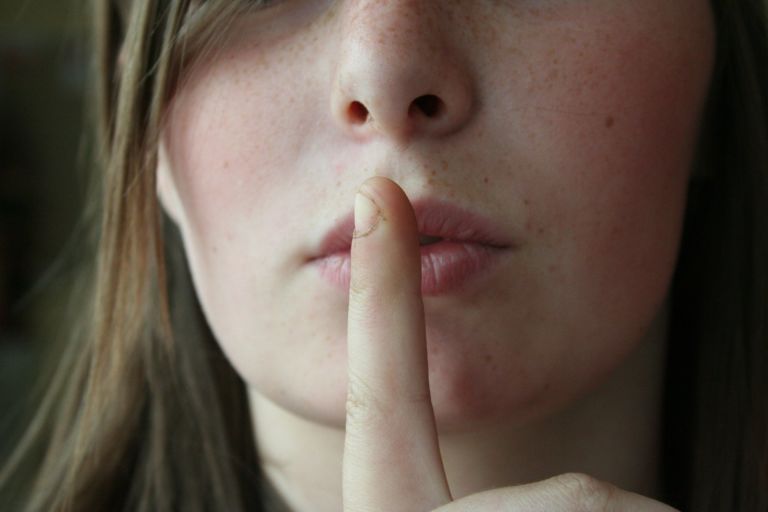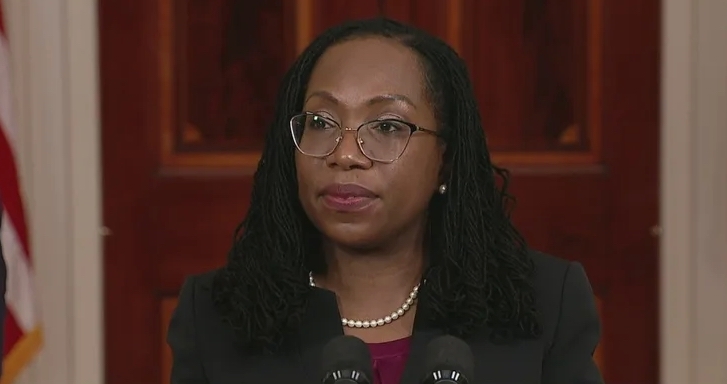Kevin Williamson of National Review Online explains why America should set the standard in one major area of public life: protection of controversial speech.
It is not the case that Canada, Western Europe, and Australia are authoritarian hellholes where illiberal rulers trample mercilessly upon the civil rights of their hapless subjects. But it is the case that American-style free-speech protections, as enshrined in the First Amendment, do not exist in these places. And that matters. It matters in those countries, and it matters in the United States, where the legal protection of free speech faces the threat of being suffocated by social pressure on both private and public actors to suppress speech that is deemed — almost always opportunistically and vindictively — dangerous.
It is likely that, as a matter of global consensus, one set of rules is going to prevail: the American model or the European model — or, rather than “European,” the model that more closely resembles the narrower practices in most of the liberal democracies outside the United States.
Consider the case of Australia, where courts have ruled that there is no personal right to free speech, in spite of the country’s notional protections for freedom of political communication. In one important case, a worker in the national government’s immigration agency was fired for criticizing the agency’s performance in the matter of offshore immigration-detention facilities. She used a pseudonym, did not advertise her connection to the agency, made the posts on her own time from a personal device, etc. There was no real employment issue — she was simply fired for saying what she thinks, in private life. In another high-profile case, a high-court judge described free-speech rights as “still not yet settled law,” No doubt the judge is correct — but such rights should be settled law. These are fundamental things.


